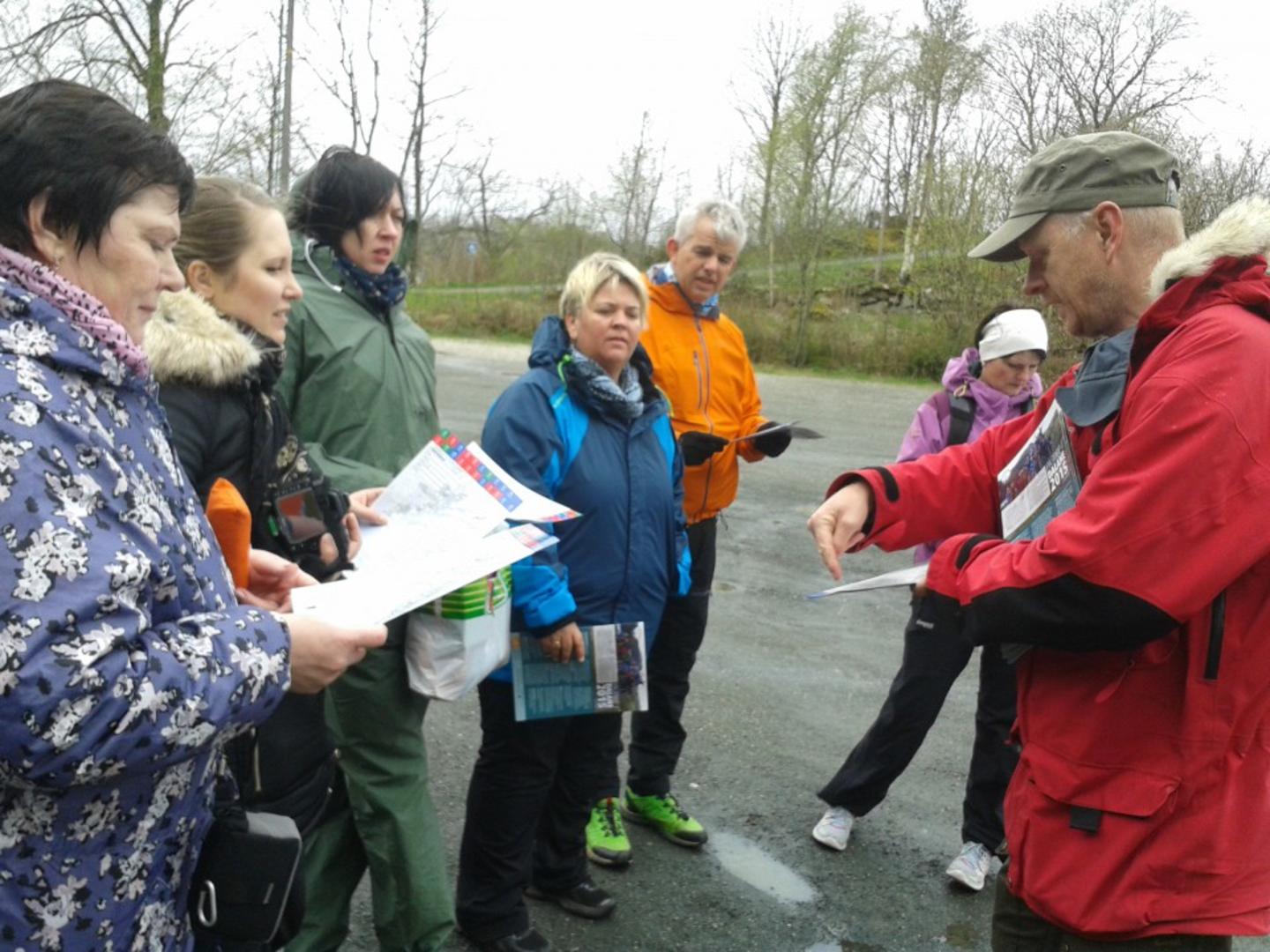The health of young people in Lithuania is lagging behind other EU countries. Areas that require particular attention are the high suicide rate, as well as related psychological and behavioural issues. Teenage pregnancy rates, high levels of smoking and alcohol consumption, as well as the need to increase physical activity and general access to health information require a new approach:
“People from the older generations – parents and other people – sometimes don’t understand the problems faced by the younger generations. Because of that, various misunderstandings can arise between younger and older generations. One of the ways to solve this problem is to find an innovative approach to health services for young people which take their specific needs into consideration,” explains Viktorija Gaspariūnaitė Chief Specialist of the Investment and Asset Management division of Pasvalys municipality, who is one of the participants in the recent study visits organised through the bilateral fund under the ‘Public Health Initiatives’ programme.
Norway, through the Norway Grants, is helping Lithuania transform its health care provision and create ‘youth friendly health care services’. There are many measures being proposed, but a factor that plays a very important role is bilateral cooperation between Lithuania and Norway. With support from the bilateral fund, Lithuanian organisations are able to build relations with organisations in Norway, share experiences and search for potential project partners. Over recent months representatives from Alytus, Plungė and Pasvalys municipalities have used the opportunity and met with counterparts in Norway to find out more about Norwegian health services for young people.
Alytus visit to Lyngdal
Two representatives from Alytus met with representatives of Lyngdal municipality with responsibility for health. Participants were particularly interested in how Norway puts a strong emphasis on the needs of young people, up to 20 years of age, and makes close links between the social and health care systems. Lyngdal makes use of survey data carried out at a regional and national level to identify the problems arising for young people within their family, at school and after school. This data helps Lyngdal to focus its resources on the most pressing issues and look at both the health and social aspects of the problem. The Alytus representatives believed that this approach could reap benefits for them.
Alytus is already taking steps to improve health care services for children and youth. All of the municipality’s 16 schools and 15 pre-schools have public health rooms providing health services to students. However, these rooms are incomplete and ineffective. Through a project funded through the ‘Public Health Initiatives’ programme, the rooms will be modernised – enabling the schools to better meet the students’ needs by providing higher quality health services. The project will be completed in spring 2017.
Plungė visit to Bjerkreim, Egersund and Time (Bryne)
Three representatives from the municipality of Plungė in Lithuania visited several municipalities to look at different aspects of youth friendly healthcare in Norway. One visit involved a visit to Vikeså school. In this school children study in a safe and stress free environment where the school actively encourages students to make healthy lifestyle choices in terms of diet and exercise. The school also places a strong emphasis on mental health – anticipating and dealing with problems before they become more serious. Children are informed about transmissible diseases and a wide range of health issues.
Following the bilateral fund study visit, Plungė and Bjerkreim have continued their cooperation. The two municipalities have now successfully submitted a project application under the Lithuanian ‘Public Health Initiatives’ programme for improving both the accessibility and quality of youth-friendly health care services in Plungė. The project, which started this autumn will be completed in spring 2017.
Pasvalys visit to Drangedal
Representatives from Pasvalys municipality and the Pasvalys primary health care centre visited Drangedal commune. The study visit under the bilateral fund served as a part of application preparations for a project on youth-friendly health care services in Pasvalys:
“One of the main benefits of the visit was that we have had opportunity to learn about the ‘Amathea’ programme“, explains Gaspariūnaitė. Through the Amathea programme, young people are able to seek information on sexual and reproductive health issues from specialists, while still remaining fully anonymous.
With two Norway Grants projects now being implemented in cooperation, the relationship between Pasvalys and Drangedal continues to grow:
“We have very tight ties between the two municipalities,” notes Gaspariūnaitė, “the people from Drangedal are not only colleagues with whom we work – they are also our good friends.”
Read more about the Lithuanian ‘Public Health Initiatives’ programme
